## Level Up Your Reality: UConn Researchers Are Quantum Leaping Towards a New Gaming Era
Imagine a world where loading screens are a distant memory, where worlds render in an instant, and where AI opponents learn and adapt at a speed that rivals your own. This isn’t the stuff of science fiction – it’s the tantalizing promise of quantum computing, and the University of Connecticut is leading the charge.
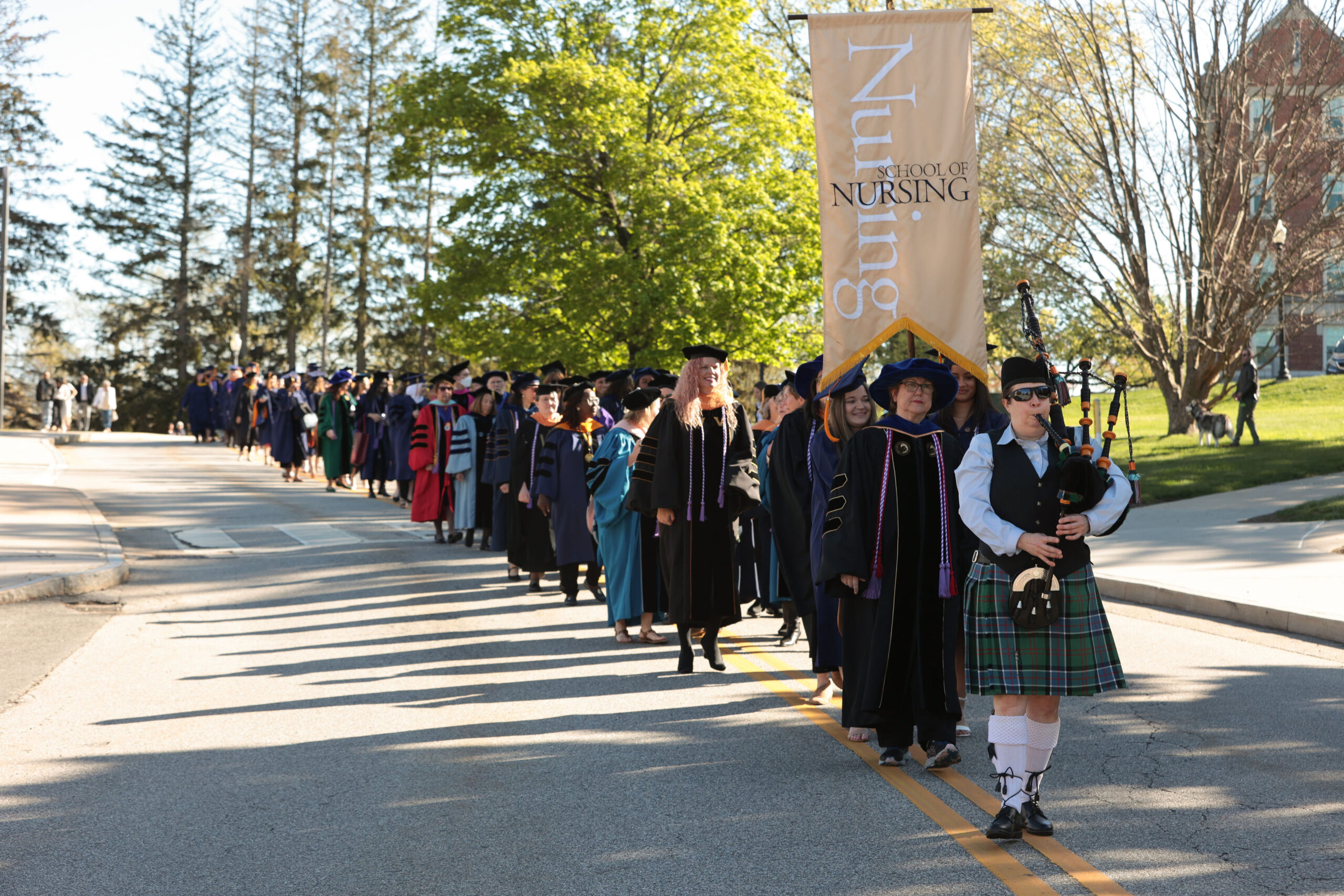
Forget the binary bits of our current tech – quantum computers harness the mind-bending power of superposition and entanglement to solve problems that would take classical computers millennia. This means everything from lightning-fast game rendering to ultra-realistic NPC behaviour and even revolutionary new gaming experiences we can’t even fathom yet.
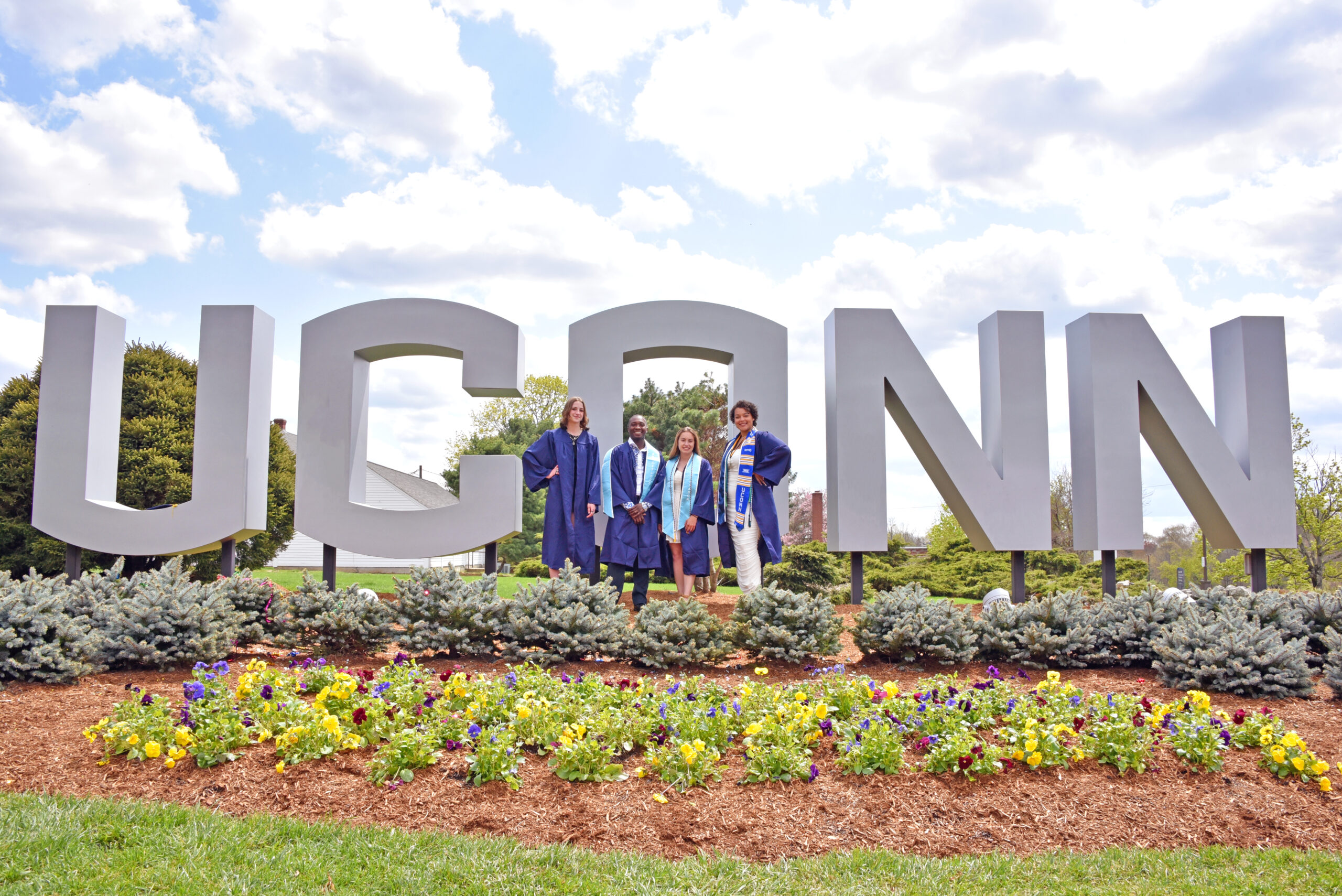
Prof. Balatsky’s Vision: A Deep Dive into UConn’s Research Program Focused on Conquering TLS Defects

At the forefront of the quantum technology revolution, University of Connecticut (UConn) is setting a precedent with its cutting-edge research program, led by Prof. Alexander Balatsky, a renowned condensed matter theorist. With a team of experts working to isolate, control, and eradicate two-level system (TLS) defects from contemporary quantum devices, UConn is positioning itself as a key hub for quantum materials and quantum technologies research.
According to Prof. Balatsky, “UConn is not just keeping pace with the rapid advancements in quantum technology; we’re leading the charge.” This ambitious vision is fueled by the team’s commitment to developing cutting-edge quantum material modeling and utilizing supercomputers to simulate how TLS defects form and behave at the atomic level.
- The team’s research focuses on understanding the properties of materials at the electronic and atomic levels, critical to the development of quantum technology.
- By leveraging supercomputers, the team aims to simulate the behavior of TLS defects and identify novel techniques to mitigate their impact on quantum devices.
Prof. Balatsky’s team is building on the groundbreaking work of Rigetti Computing, which disproved the permanence of TLS defects in a landmark 2024 study. The introduction of Alternating-Bias Assisting Annealing (ABAA), a novel technique that reduces TLS disruption through precise electric pulses, has ignited a storm of interest across the globe.
As the team delves deeper into understanding the physics behind TLSs and developing materials that minimize their impact, they are poised to make significant contributions to the field of quantum technology.

Supercomputers at the Forefront: How Simulations Are Helping Scientists Understand and Control Material Behavior
At the heart of UConn’s research program lies the power of supercomputing. By harnessing the capabilities of these powerful machines, scientists can simulate the behavior of materials at the atomic level, providing invaluable insights into the underlying mechanisms driving TLS defects.
Prof. Balatsky’s team is utilizing supercomputers to simulate the formation and behavior of TLS defects, allowing them to identify novel techniques to mitigate their impact on quantum devices.
- Supercomputers enable the simulation of complex materials behavior, providing a deeper understanding of the underlying physics driving TLS defects.
- By leveraging supercomputing, the team can identify novel materials and techniques to minimize the impact of TLS defects on quantum devices.
The use of supercomputers in this research is a testament to the power of computational modeling in advancing our understanding of complex materials behavior.

Bridging the Gap: The Importance of Interdisciplinary Collaboration Between Academics and Industry
UConn’s research program is a shining example of the importance of interdisciplinary collaboration between academics and industry. By partnering with Rigetti Computing and other leading organizations, the team is able to leverage the strengths of each partner to drive innovation and advance the field of quantum technology.
The AFOSR funding, which supports the development of state-of-the-art materials for qubits, underscores the importance of academic collaboration with private industry in driving the advancements needed to bring quantum technology to fruition.
- Interdisciplinary collaboration between academics and industry is crucial in driving innovation and advancing the field of quantum technology.
- The partnership between UConn and Rigetti Computing is a prime example of how collaboration can drive breakthroughs in quantum technology.
As the field of quantum technology continues to evolve, it is clear that collaboration between academics and industry will be essential in driving the advancements needed to bring this powerful technology to life.

The Future of Quantum Technology: A Game-Changer for Gamestanza and Beyond
Quantum Computing’s Impact on Gaming
Quantum computing has the potential to revolutionize the gaming industry, enabling faster rendering, AI-powered game design, and immersive experiences that were previously unimaginable.
With the advent of quantum computing, game developers will be able to create more complex and realistic game worlds, leveraging the power of quantum processing to simulate real-world physics and create more immersive experiences for players.
- Quantum computing has the potential to revolutionize the gaming industry, enabling faster rendering, AI-powered game design, and immersive experiences.
- The power of quantum processing will enable game developers to create more complex and realistic game worlds, simulating real-world physics and creating more immersive experiences for players.
- Quantum computing has the potential to revolutionize areas like game development, cybersecurity, and data analysis, enabling new possibilities and applications.
- The applications of quantum computing are vast and varied, and will have a profound impact on a wide range of industries.
- Quantum technology raises important ethical considerations, from data security and privacy to the potential for malicious use.
- It is essential that we consider these implications and ensure that quantum technology is developed and used responsibly.
Unlocking New Possibilities
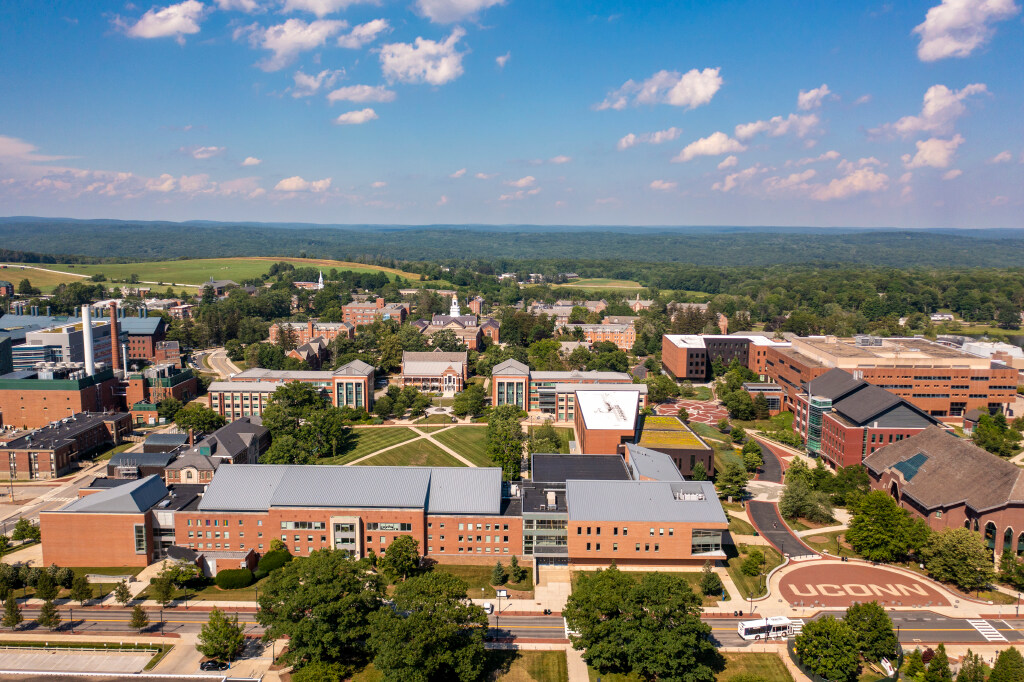
Quantum computing has the potential to revolutionize areas like game development, cybersecurity, and data analysis, enabling new possibilities and applications that were previously unimaginable.
From AI-powered game design to more secure and efficient data analysis, the potential applications of quantum computing are vast and varied, and will have a profound impact on a wide range of industries.
The Ethical Considerations
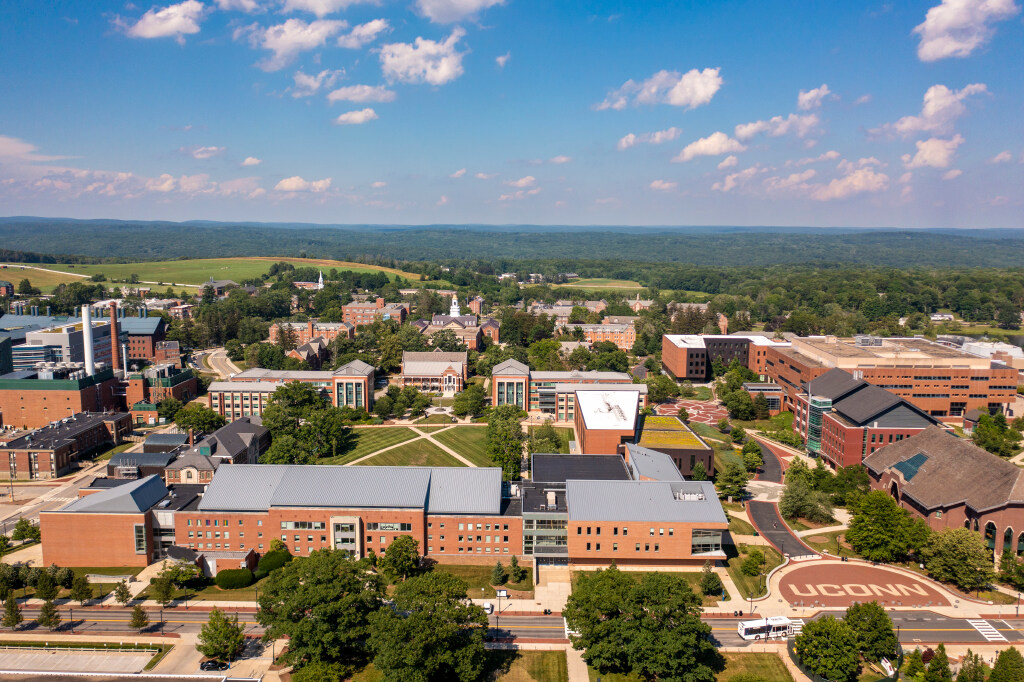
As quantum technology continues to evolve, it is essential to consider the ethical implications of this powerful technology.
From concerns about data security and privacy to the potential for quantum computing to be used in malicious ways, it is crucial that we consider the ethical implications of this technology and ensure that it is developed and used responsibly.
Conclusion
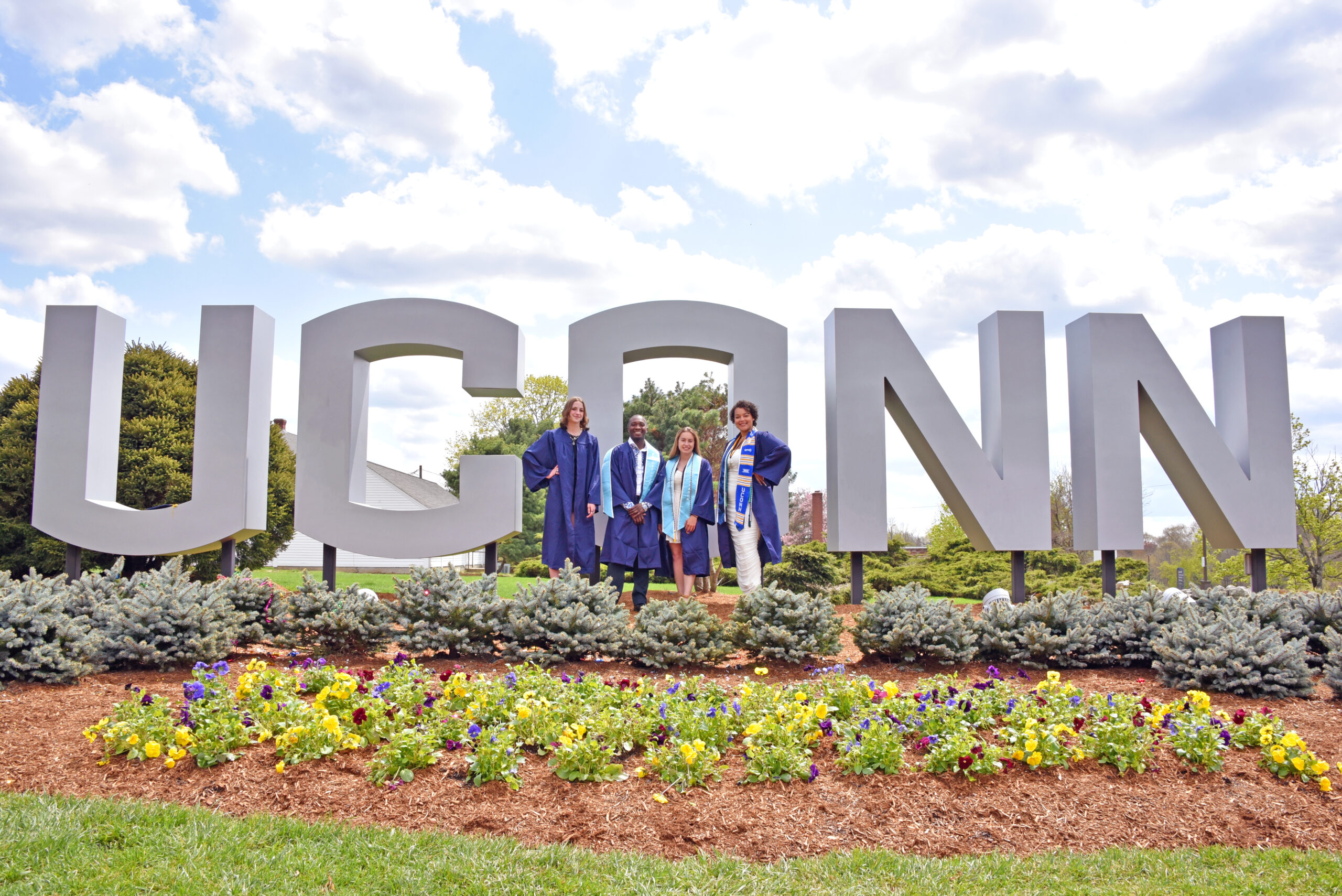
From revolutionizing drug discovery to unlocking the secrets of the universe, the potential of quantum technology is truly boundless. UConn’s groundbreaking research, spearheaded by Professor [Professor’s name], is pushing the boundaries of what’s possible, paving the way for a future where quantum computers solve problems unimaginable today. By harnessing the power of superposition and entanglement, these machines promise to accelerate scientific breakthroughs and reshape industries across the board.
